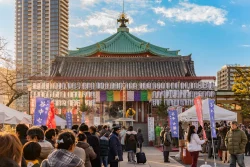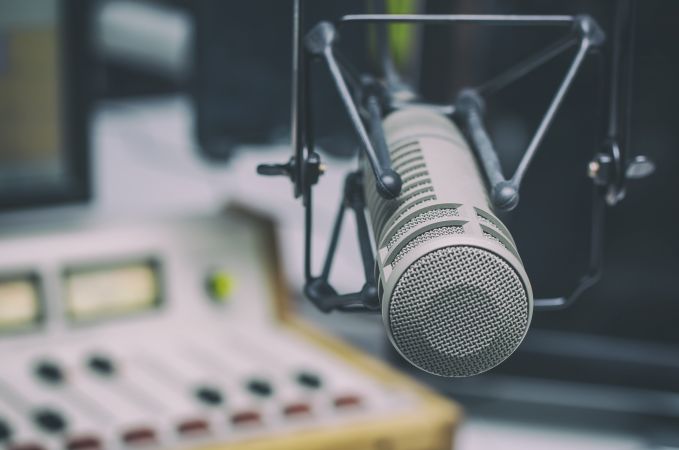
July 11, 2023
Based in Japan: Akim White Exploring Community Through Music
“You need people around you”
American-born musician and radio personality DJ Aki (aka, Akim White) took a love affair with his jazz and rhythm & blues musical roots and discovered a home for it in Japan. Two decades later his Japan Indies site has introduced, interviewed and impressed a long list of local and international talent. From Toshinobu Kubota and Akiko Yano to Eddie Palmieri and John Tesh, White’s understated tones have helped bring to the public’s attention some amazing musicians. Chatting with Metropolis, White revealed a constant belief in the value of community and how developing one’s interests is the best way forward.
Twenty-four years in Japan! Congratulations Akim, if you weren’t a long-timer before, you definitely are one now. How does that make you feel?
Honestly, it doesn’t feel that long. I came here right after college and had no idea I was going to stay but I guess there’s always been something more to learn about the culture here. That said, it’s interesting being a long-timer. I’ve seen a lot of changes. Things are much easier now for foreign nationals than when I first came. It is great to see the progress Japan has made over the years.
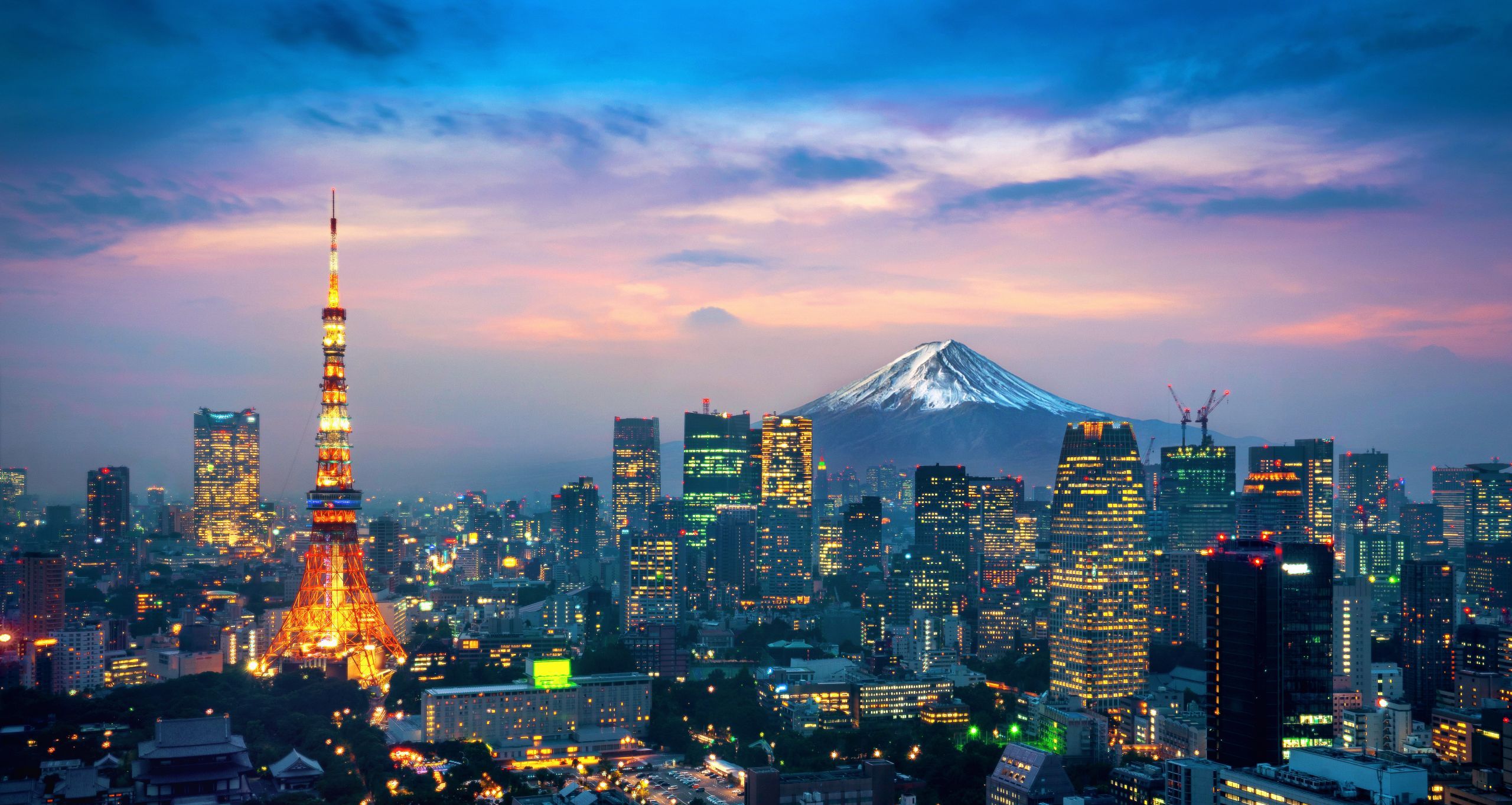
What brought you to Japan?
It started like a lot of people, with Japanese pop culture. In college, I studied Japanese and eventually made some Japanese friends. I then decided to do a study abroad program in Kyoto. This was in 1997 and it was my first time living alone, let alone in a different country. It was tough but I came back after graduating and well, 24 years later I’m still here!
Did you ever consider going back to America?
That first month was classic homesickness. I was in an old guest house, in a room with no winter heating and a shared Japanese-style toilet which was basically a hole in the ground. But I adjusted, made friends and importantly found a department store nearby with western-style restrooms and heated seats that became my oasis for a while, haha. Japan’s had its ups and downs, for sure, but never to the point of wanting to seriously leave.

You founded one of the first ever Japanese popular music radio shows for Americans. How did that come about?
I was a member of my university’s FM station and had started doing jazz shows as an on-air personality. I pitched a Japanese music show, got a morning slot and then started making contacts. I even called the JVC Label in Japan.
That’s a call they weren’t expecting!
Right? Imagine some guy calling up for music to play on American college radio! But they were nice and sent me some music by artists popular at the time like Glay and Spitz. This led me to make a major contact with Sony Japan and through them introduce some other major artists making their American debuts.
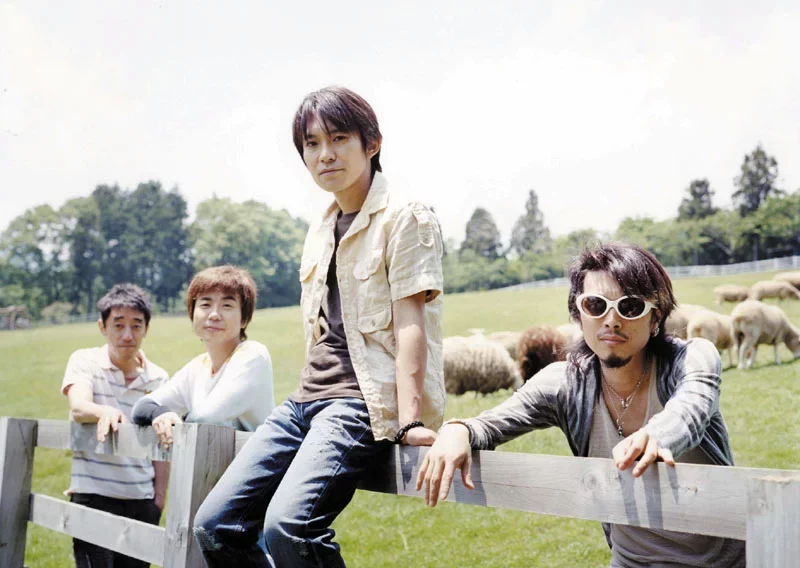
Can you tell us a bit more about your Japan Indies program?
I formed Japan Indies over 10 years ago to help indie artists in Japan get airplay they wouldn’t normally get through mainstream radio. Streaming services weren’t yet a thing and the most artists had were sites like YouTube to work with. However, there weren’t many online actually saying “Hey listen to these folks. They’re good!” so my goal was to build an audience through that space. At the moment, we’ve got Shigeki Kawahara whose jazz is so nice and smooth as well as Sparkling Cherry. I call their sound a natural aroma. Love it!
You’ve been supporting the local Japanese RnB, Jazz and Hip-Hop for a long time now. What’s the personal appeal for you?
Roots, community? I’ve always had an interest in jazz and my family loves R&B, mom was always singing around the house. I couldn’t quite connect to hip-hop since it kind of all sounded the same to me. I then heard Japanese hip-hop and I could hear the different influences. The stories in the songs felt unique and I began listening more which gave me a new appreciation for the music.
What’s the major difference between the local scene here and in the USA?
The sense of community. There, it often feels like everyone’s out for themselves. Here, because of the music’s niche nature, it feels more supportive. People appear on each other’s albums, promote each others’ events and the fans are incredibly loyal too. Once they connect with an artist they stick with them. The environment really makes you want to support people.
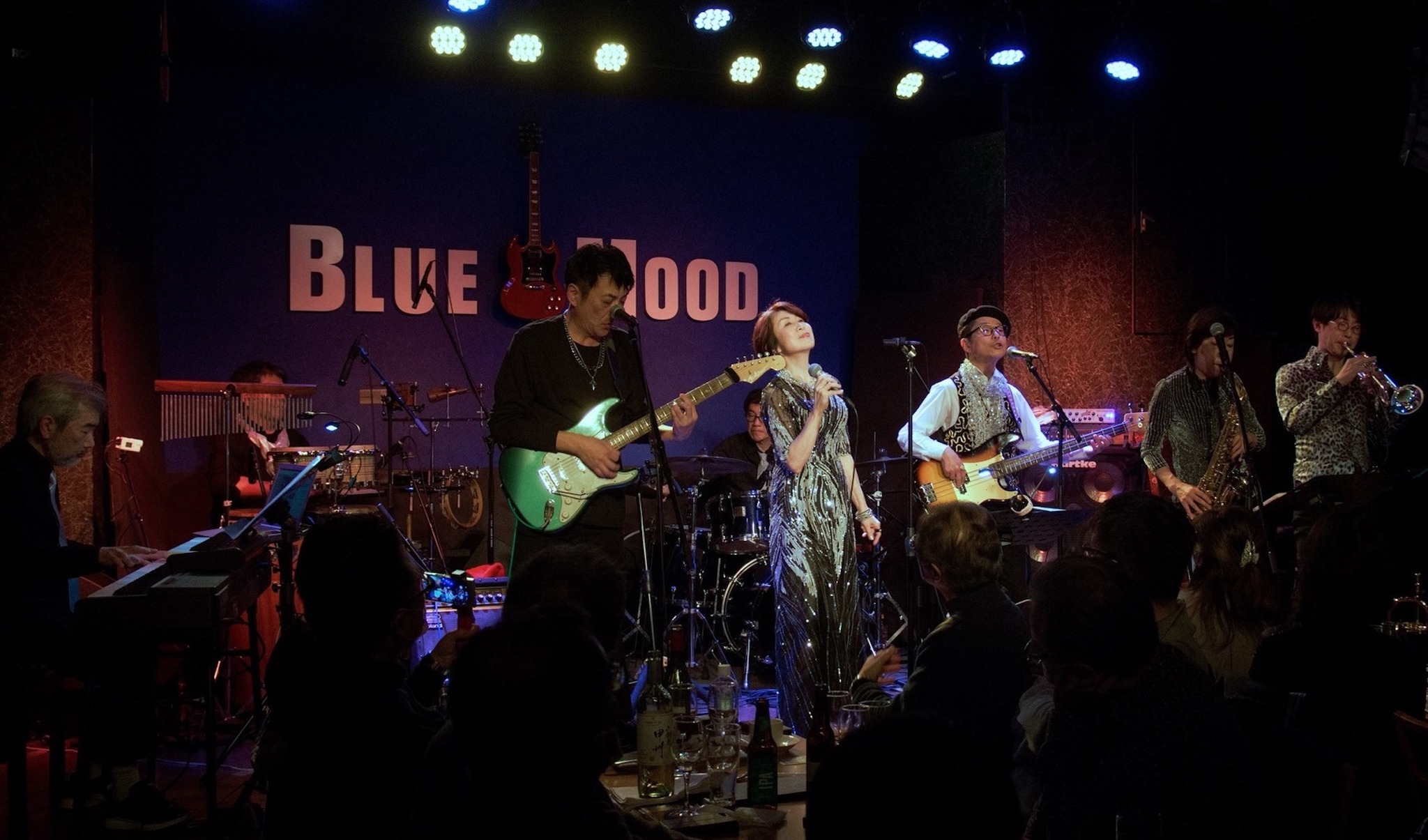
That’s not the first time you’ve mentioned community.
It’s easy to feel alone in Japan but if you have an interest and people to connect to through that interest, it really helps. For me, music is my interest and through it I’ve been fortunate enough to develop good friends here.
I suppose the close-knit nature of the community has its promotional benefits but what of the challenges?
Limited airplay space means visibility is a challenge. Live gigs have really helped and I’ve held a few successful ones over the years. With live shows happening again, that’ll continue. I’ve also updated my JIN Radio podcast on my site so that all 160-plus episodes can be listened to in both English and Japanese. You can find them on iTunes, Amazon Podcast and Spotify and even some on YouTube.
What advice do you have for people wanting to live and work in Japan?
Besides making connections with people who share similar interests as you, do your job research! Do they have weekends off or at least paid vacations? It seems obvious but working here can take away your life! And of course work on your language. In the bigger cities you don’t necessarily need it but it’s so helpful in making friends. You need people around you. Do that and you can have a very enjoyable experience living in Japan.





